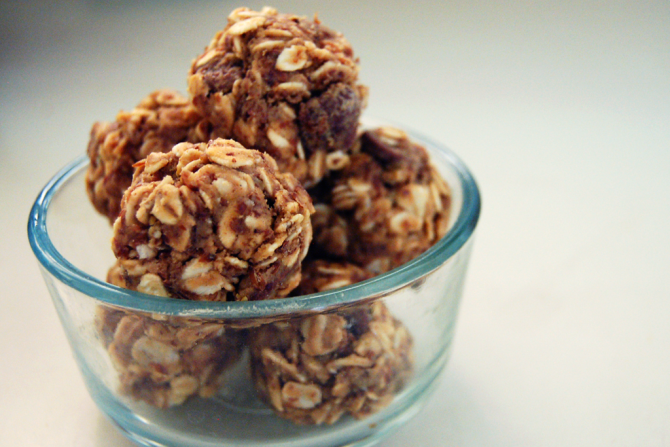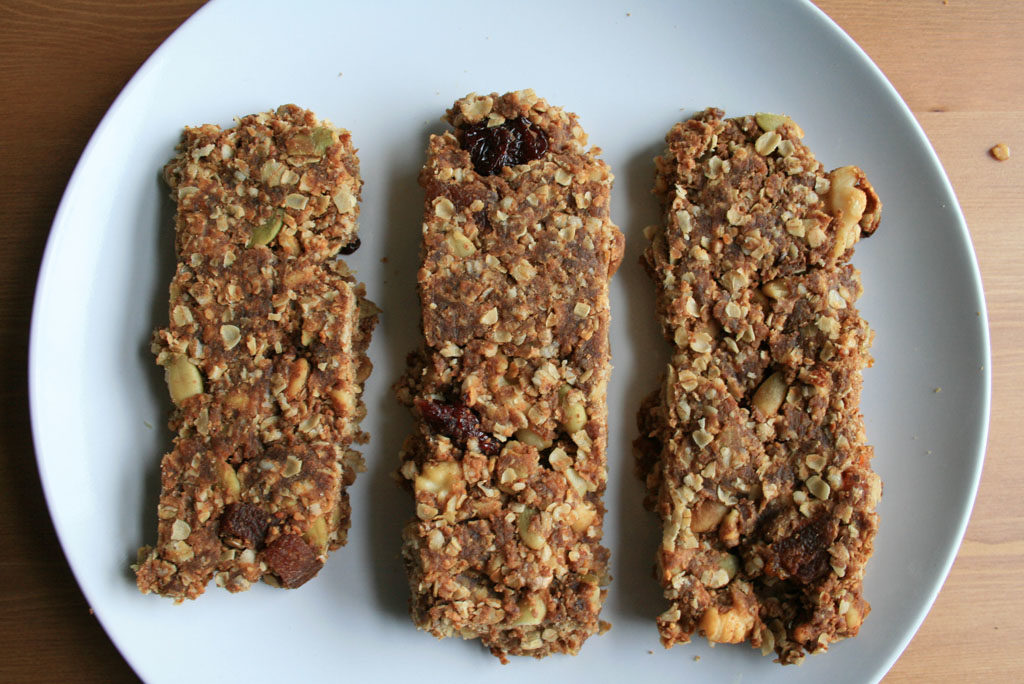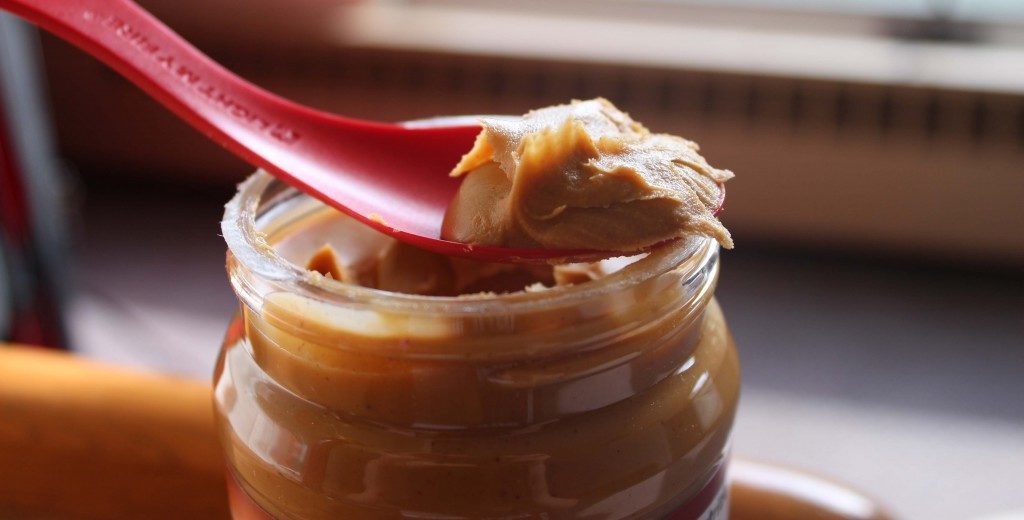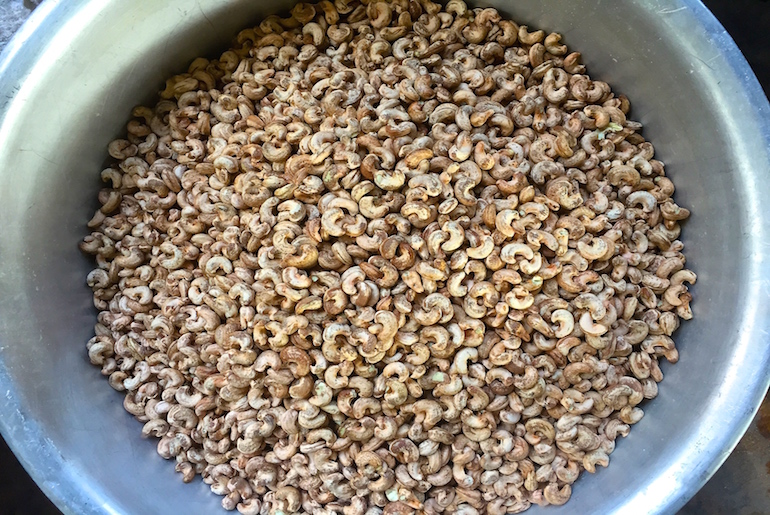After the mother of a fearful 8-year-old boy was told by a flight attendant, “If you think he’s going to die, don’t get on the plane,” she wanted to raise awareness for the issues individuals with food allergies face while flying. She made a request that an announcement was made that there was a passenger with a severe food allergy and to please not consume peanuts near him. This request was met with an unsympathetic response, even though this company had made accommodations for the family in the past.
As food allergies continue to increase, so is the amount of people attempting to find a solution. This mom started The No Nut Traveler, a place to share stories about experiences like hers and to contact legislators to increase awareness.
You may have noticed that the classic snack of packaged peanuts on flights has disappeared. If you’re wondering why, you’re not alone. The controversy over passengers consuming one of the top eight food allergens has lots of people talking. Should everyone be banned from this crunchy snack, or are these new policies a load of crap?

Photo by Stephanie Lee
A peanut allergy, or any other food allergy, can cause a person to go into anaphylactic shock after ingesting their allergen. The only way to prevent this is strict avoidance. Since people with food allergies can’t live in a bubble their whole lives, this is often extremely difficult to accomplish. Those with food allergies (and their parents, since many of them are children) have to carry around an Epipen and other medications such as Benadryl in case a reaction occurs.
While flying on a plane can be scary for many reasons, that fear is exponentially higher for many families with a food allergy sufferer. Imagine the possibility of your face swelling and throat closing at 30,000 feet with no access to immediate medical care. Rightfully so, these people want to take precautions to make their trip safer. But how far should airline companies go to accommodate these people? We must take a look at the facts. What is actually true, and what is just a myth?
Confined Spaces

Photo by Caroline Liu
Your cabin is not a large space, as any flyer with claustrophobia will be sure to tell you. You can’t escape anything that happens on your flight, from crying babies to kids kicking the back of your seat. The smell of those roasted peanuts will also carry throughout the cabin. As a food allergy sufferer myself, I will say that the faintest whiff of the allergen is more than enough to make a person uncomfortable, and may even ignite fear. You’re smelling the thing that can severely hurt or even kill you, for crying out loud.
However, close exposure to the aroma is extremely unlikely to cause an allergic reaction. The American Peanut Council summarizes many studies regarding peanuts on airplanes, and they say that the severely allergic people did not react from a peanut aroma just 12 inches away. In addition, opening a package will not cause airborne dust particles that will lead to reactions.
Airplanes freak me out in general, but the air in the small space has always grossed me out. But according to NBC News, the cabin air is refreshed 20 times per hour, making it cleaner than the average office building.
Residue

Photo courtesy of @spoon_appstate on Instagram
Residue is where allergy sufferers will run into issues. While a smashed peanut on the floor will not cause peanut dust to fly into the air, there are many instances where peanut residue can cause an issue. If someone touches a contaminated surface and puts their hands in their eyes, nose, or mouth (or touches their food), they are likely to ingest the protein that will cause a reaction. Residue can be left on tray tables, armrests, seat seams, and even pillows and blankets.
Special Treatment

Photo by Alex Tom
So what accommodations should airline companies make for those who need it? And should it really be considered “special treatment” when their safety is at risk? We would never second guess allowing a passenger with other needs to board the plane a few minutes early to allow them to get situated. Some airlines are becoming more accommodating than others.
Passengers who have made a note of their allergy when making their reservation should be allowed to board a few minutes early to clean their area. It wouldn’t take long to wipe down the immediate area to ensure it is free from contamination.
It is also reasonable to request passengers sitting next to the allergic individual to refrain from consuming peanuts during the flight. They can also allow the individual to move seats if their neighbors cannot agree to this.
There are also people who believe the world can never be safe for everyone, so they shouldn’t have to change their ways. If peanuts are their favorite snack, they should be able to eat them whenever they want. While I agree that we can never be 100% risk free at any time in our lives, these are not unreasonable requests. A minor change in your plan can save a life; does that make it worth it to you?
What to Do

Photo by Maggie Gorman
It’s important to know the airlines’ peanut policies before you book a flight. Here are just a few:
- JetBlue does not serve peanuts, but they cannot guarantee a nut-free flight. Some products may be manufactured in the same facility that processes peanuts. However, a crew member will create a buffer zone one row in front of and behind you if you inform them of your allergy.
- Delta won’t serve peanuts on your flight if you tell them you have an allergy. They will also allow you to pre-board to clean your area. Some foods may be manufactured in a facility that also processes peanuts.
- American does not serve peanuts, but they do serve tree nuts. They also note that they are unable to provide buffer zones or time to pre-board the flight.
Non-Peanut Allergies

Photo by Hannah Beaver
Lots of folks are confused about the difference between a peanut and a tree nut allergy. Peanuts are legumes, and they grow in the ground. Tree nuts are pretty much everything else, including almonds, walnuts, and cashews among others. Many people who are allergic to either peanuts or tree nuts are allergic to both, but not all of them are.
There are also six other common allergens: milk, eggs, fish, shellfish, wheat, and soy. Airlines don’t seem to be advertising accommodations for people with these allergies, even though they are just as severe. Airlines should begin to advertise their allergy policies for all top eight allergens, not just peanuts.
Tips for Traveling

Photo courtesy of @loveyousomunch on Instagram
If you are traveling with a food allergy, you need to know how to keep yourself safe while in the air.
- Request to pre-board the flight. If this is not possible, consider booking with another airline.
- Ask a crew member to request that your neighbors refrain from consuming your allergen. If they refuse, politely ask your neighbors yourself. Many people will gladly comply if it means keeping you safe. If they will not or cannot comply, ask to change seats.
- Bring your own food on board so that you don’t risk cross-contamination.
- Do not use the provided pillows or blankets, as they may not be cleaned between uses.
- Always travel with your medication and prescriptions. Ensure the people you are traveling with know how to administer them to you if you become unconscious.
If you are lucky enough to have no food allergies, there are some things you can do to help those around you.
- If a passenger informs you of their allergy, respect it. Eat those peanuts as soon as you’re off the plane.
- Do not touch any part of their seat or tray table if you have eaten peanuts just before boarding. Even better, go wash your hands, especially if you are sharing an armrest with them.
If you don’t have allergies and are rolling your eyes at this article, consider this: you can be slightly inconvenienced by not being able to eat your peanuts on board, or you can be majorly inconvenienced if the flight has to be diverted in order to get a passenger in anaphylactic shock the emergency medical care they require. It’s your choice.
Safe travels, everyone.


